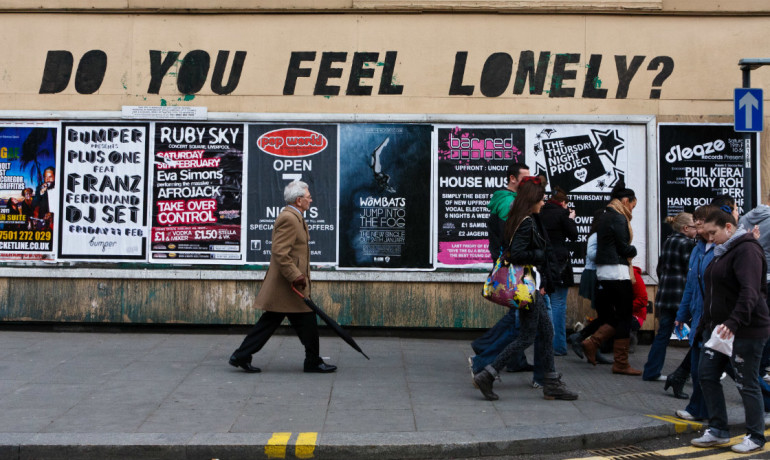How valuable is the parent-child relationship in protecting adolescents from the mental health impact of COVID-19?
By Julie J. Janssens, Society for Research on Adolescence
Janssens, J. J., Achterhof, R., Lafit, G., Bamps, E., Hagemann, N., Hiekkaranta, A. P., Hermans, K. S. F. M., Lecei, A., Myin-Germeys, I., & Kirtley, O. J. (2021). The Impact of COVID-19 on Adolescents’ Daily Lives: The Role of Parent–Child Relationship Quality. Journal of Research on Adolescence, 31(3), 623–644. https://doi.org/10.1111/jora.12657
We can all agree: the spread of COVID-19 was, and still is, a huge threat to our physical health. More and more people worldwide have also started to warn about its possible negative impact on our mental health. Adolescents, in particular, could be very vulnerable to the impact of the COVID-19 pandemic and the measures imposed, given their age and developmental tasks. Yet, it is only now that the first studies on the impact of COVID-19 on the mental health of adolescents are appearing.
It is known that adolescence is a stage of development where many mental health problems have their onset. In addition to important physical and psychological changes, important social shifts also take place during this phase (i.e., friends become more important and parents move into the background). The drastic changes in social daily life caused by the pandemic could therefore affect adolescents in particular, as they are at a crucial stage in their social development. An increase in adolescent’ daily levels of irritability, stress and loneliness is suggested.
But how large is the impact of the COVID-19 pandemic on adolescents, and what are the factors that could potentially protect against its negative impact?
To answer these relevant questions, we need large longitudinal studies that follow up on adolescents before and during the pandemic, including information about their daily life experiences.
Therefore, the Centre for Contextual Psychiatry at the Catholic University of Leuven (Belgium) conducted a longitudinal cohort study in adolescents, called “SIGMA”, including an extra COVID-19 study during the first lockdown in Belgium. As the SIGMA study includes almost 2000 adolescents between the age of 11 and 20 and started a first wave in 2018, this was an excellent
opportunity to follow up on these adolescents during the pandemic. This could advance understanding about the impact of the pandemic and what factors increased vulnerability or resilience of adolescents in the face of the pandemic. Moreover, this ongoing longitudinal study makes use of the Experience Sampling Method (ESM) which makes it possible to measure the emotional experiences where they occur naturally (i.e., in everyday life). Using a battery of retrospective questionnaires and 10 daily questionnaires during six consecutive days both before and during the pandemic, we were able to obtain information on how irritable, stressed and lonely adolescents felt and their relationship quality with their mother and father.
Despite the fact that an increase in irritability and stress were expected, the situation during the first lockdown in Belgium turned out to be less bleak. Adolescents felt less irritated in daily life during the pandemic than before, and the level of stress appeared unchanged. It is possible that the closure of schools and the limitation of social contact also eliminated some of the natural stress and irritability that comes with it, which could explain these results. On the other hand, adolescents did feel lonelier during the pandemic compared to before, which emphasizes the need they have to be physically in contact with their friends. Also, the degree of irritability and loneliness in daily life was related to the quality of the relationship between adolescents and their parents. Adolescents with higher-quality relationships with their father and mother felt less irritable and lonely in daily life. Moreover, high-quality relationships with parents protected adolescents from the negative impact of COVID-19 on loneliness!
We can conclude that adolescents are resilient and the mental health impact of COVID-19 may not be as great as we would expect. However, we have to be careful as this study occurred only during the first lockdown and the impact might be more long-term. In addition, the results support the importance of parents and the role they can have in protecting against the negative impact of the COVID-19 pandemic on how adolescents feel.
It is up to researchers to find out what the impact of the pandemic is in the longer term, and it is up to clinicians to (continue to) involve both parents in the treatment of adolescents who are not feeling well.
To read more about this research, visit https://doi.org/10.1111/jora.12657
To access the resource, please click here.











